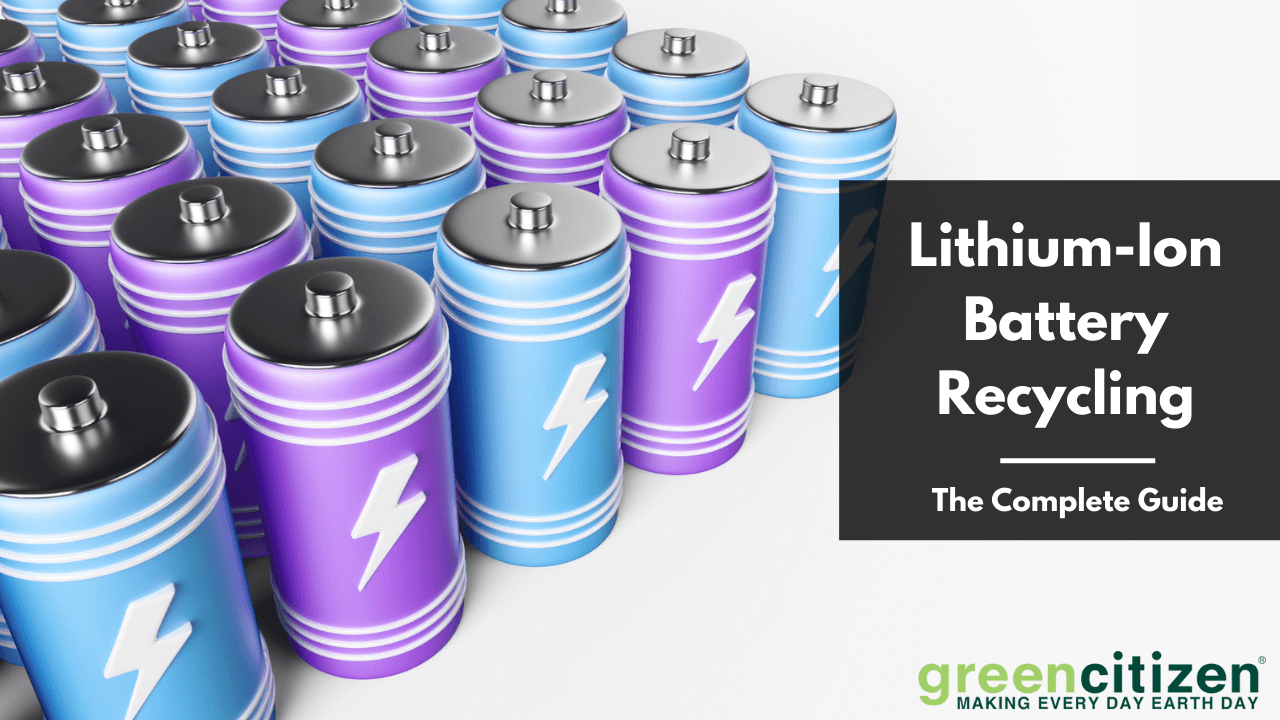Cardinal Carminative
VIP Member
- Apr 2, 2022
- 4,397
- 1,001
- 73
I'm laughing....hUgE shortage of electric batteries imminent.
Oh no! Thankfully I have the battery in my car now. I won't have to push it around anymore.
Yuk...yuk....who's not winning?
Uneducated homophobic morons?
Gonna make chip shortage look like a backyard pinata contest....
That...doesn't even make sense.





